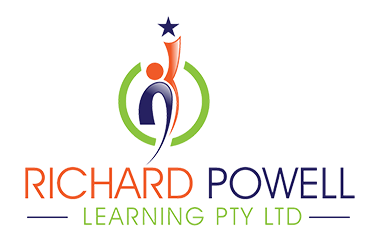Recently I was at a function where Laura Geitz, Queensland Firebirds and Australian Diamonds netball captain was asked, “What is the best piece of advice you have been given?”. The great question was followed by a reply from the heart, as the advice came from Laura’s father. Simply the advice was “Do your best, Forget the rest!”
It’s a great mantra to live by and it got me thinking, what does it actually mean to “do your best”? It triggers thoughts on “what is our best?” and “how do we know when we have achieved this?”. We are constantly given this feedback from a young age. When we move into the workforce it applies more than ever.
In my career I have always been focused on doing my best but how can this approach truly work in helping build the foundations for a new or developing manager/leader?
For me it is about 3 things, self-reflection, honest relationships and effective communication. Having these 3 areas under review and guidance it ensures that you are focused on your best and trying to improve what you are doing for your people.
Self-Reflection
I am regularly in situations, while facilitating and coaching, where I am asked for assistance/support in building skills and knowledge in leadership. This is when I feel the most need to not only reflect on my own journey and the value placed on being self-aware but encouraging others to do the same. The ability to be self-reflective is certainly not new, but in my personal experience can sometimes lead to unrealistic and unfulfilled expectations. This is why “doing your best, forget the rest” is so important. The moment we neglect to check ourselves, seek feedback and create strategies for improvement, we are telling ourselves and everyone else that improvement is not required.
Honest Relationships
For some of us this is a tough step and extremely challenging because the first focus, and maybe even the workplace requirement, is to get the job done and not think about the people involved. I have seen this drive strong debate and opinion, however, the pleasing part for me is when you can help someone realise this is not the only way to do it. The ability to be able to balance the good (strengths) with the not so good (development needs) is critical for managers and leaders as their employee are constantly asking and seeking their support and assistance. Getting the right balance between the task at hand and enhancing the relationship will allow for success, leading to you doing your best.
Effective Communication
Telling people, you are working on and building new skills, is a key part of building a more effective communication strategy. Not unlike the honest relationships point above, to improve communication skills is challenging but the rewards are ongoing. I have first-hand experience when this has worked. A team member found that because of the relationship we we built, we could open the communication channels for future success. Through your relationships it can lead to others providing insights that can only be truly beneficial if you are willing to do something about them. #
I have found that it doesn’t always work, although if that was the end of the process, how could you build on your best? If you are unwilling to change, you will never be achieving your best. By giving yourself the chance to learn, adapt and improve you can actually forget the rest because your best will be front and centre for all to see.


Leave A Comment